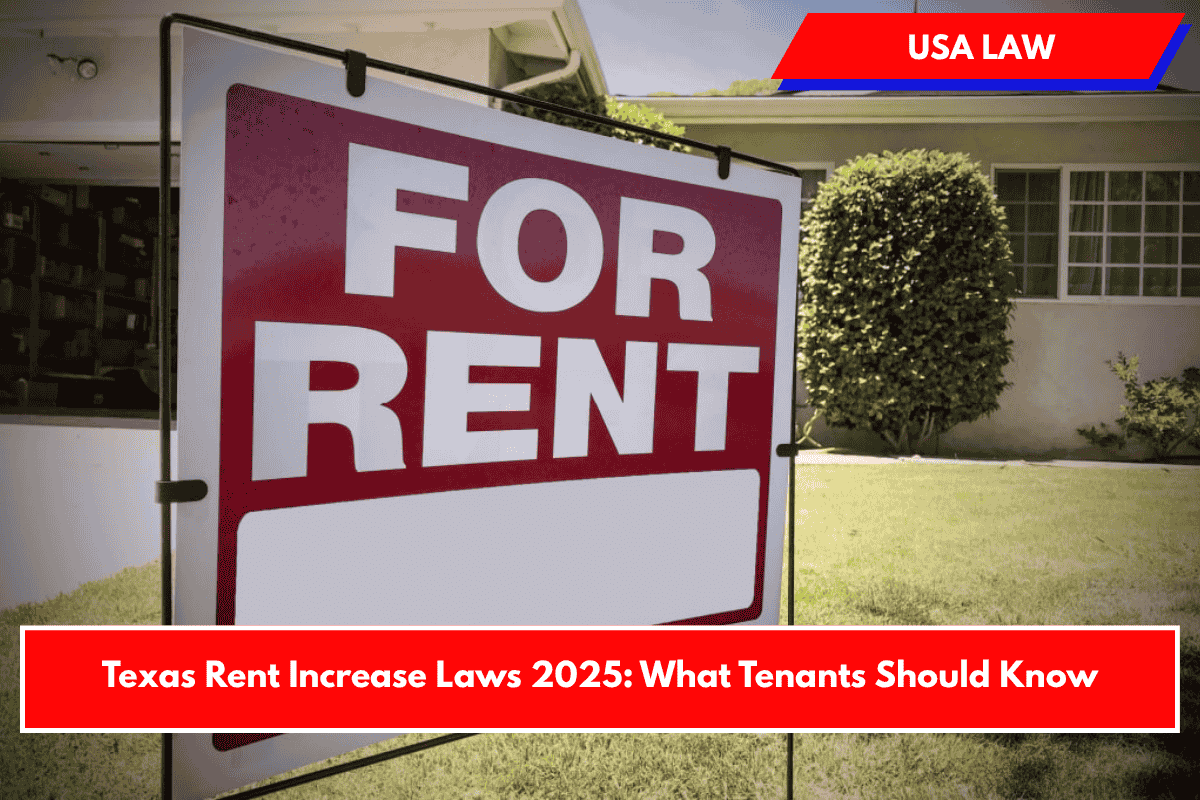No Statewide Rent Control or Caps
Texas does not have statewide rent control or any statutory limit on how much a landlord can increase rent. Landlords are generally free to raise rents by any amount they choose, as long as they follow proper notice procedures and do not violate anti-discrimination or retaliation laws.
Notice Requirements
- 30-Day Written Notice: For tenants on month-to-month leases, landlords must provide at least 30 days’ written notice before any rent increase takes effect.
- Fixed-Term Leases: If you have a fixed-term lease (e.g., one year), the rent cannot be increased until the lease expires, unless the lease itself allows for mid-term increases.
- Delivery of Notice: The notice must clearly state the new rent amount, the effective date, and be delivered in writing—either in person or by mail.
Exceptions and Special Circumstances
- Disaster/Emergency Exceptions: Local governments may enact temporary rent controls only in rare circumstances, such as a declared disaster or housing emergency, and only with approval from the governor. This is extremely rare and not the norm.
- Mobile Home Parks: Tenants in mobile home parks must also receive at least 30 days’ written notice before a rent increase.
When Rent Increases Are Illegal
- Discrimination: Landlords cannot raise rent in a way that discriminates against tenants based on race, religion, sex, disability, familial status, or other protected classes under the Fair Housing Act.
- Retaliation: It is illegal for a landlord to increase rent in retaliation for a tenant exercising their legal rights, such as requesting repairs or reporting code violations. If a rent hike occurs within six months of such an event, it may be presumed retaliatory.
- Before Lease Ends: Rent cannot be increased before the current lease term ends, unless the lease specifically allows it.
Practical Tips for Tenants
- Review Your Lease: Always check your lease for clauses about rent increases.
- Market Comparison: Research local market rates to determine if the proposed increase is reasonable.
- Negotiate: You can attempt to negotiate with your landlord, especially if you have been a reliable tenant.
- Seek Help: If you believe a rent increase is unlawful, contact a local tenant advocacy group or seek legal advice.
Table
| Lease Type | Notice Required | Limit on Increase | When Allowed |
|---|---|---|---|
| Month-to-month | 30 days | None | After notice |
| Fixed-term | N/A (until end of lease) | None | At lease renewal |
| Mobile home park | 30 days | None | After notice |
In Texas, there is no cap on rent increases, but landlords must provide at least 30 days’ written notice for month-to-month tenancies. Rent hikes cannot be discriminatory, retaliatory, or imposed before the end of a fixed-term lease. Tenants should stay informed, review their lease, and know their rights under both state and federal law.
Sources
- https://guides.sll.texas.gov/landlord-tenant-law/rent
- https://www.hemlane.com/resources/texas-rent-control-laws/
- https://www.doorloop.com/laws/texas-rent-control-laws
- https://www.landlordstudio.com/landlord-tenant-laws/texas-rent-increase-laws
- https://www.steadily.com/blog/mid-term-rental-laws-regulations-texas











